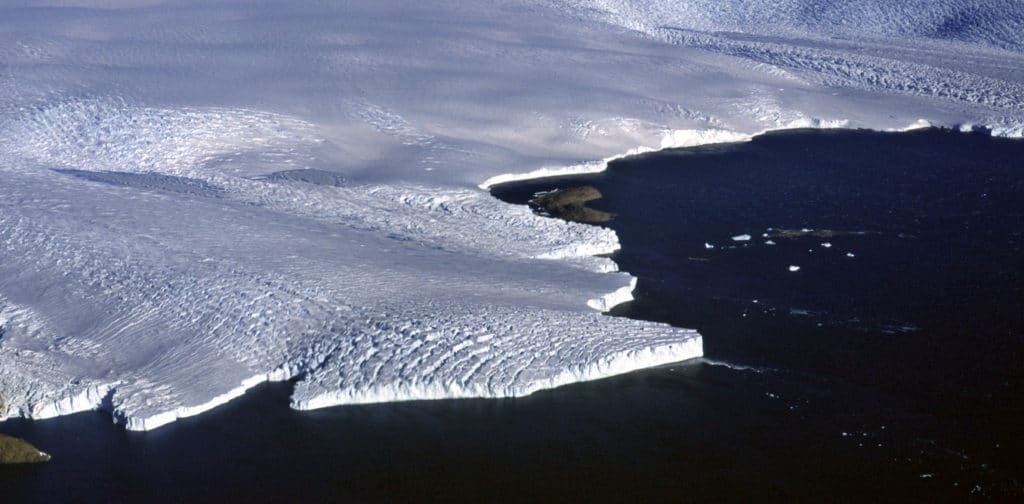Helen Amanda Fricker
 Professor Helen Fricker is a glaciologist studying ice loss processes of the Antarctic Ice Sheet using satellite data. She grew up in the UK, and obtained her undergraduate degree at University College London (Maths and Physics). Inspired by Chris Rapley (CBE) and Seymour Laxon at UCL, Dr. Fricker become interested Antarctic science and satellite remote sensing. She wanted to move to Australia, so became a researcher at UNSW in Sydney for two years, then was granted a scholarship to pursue a PhD in Hobart, Tasmania with Richard Coleman, working on satellite radar altimetry over Amery Ice Shelf. She arrived at Scripps Institution of Oceanography as a postdoc in 1999, to participate in NASA’s ICESat laser altimeter mission.
Professor Helen Fricker is a glaciologist studying ice loss processes of the Antarctic Ice Sheet using satellite data. She grew up in the UK, and obtained her undergraduate degree at University College London (Maths and Physics). Inspired by Chris Rapley (CBE) and Seymour Laxon at UCL, Dr. Fricker become interested Antarctic science and satellite remote sensing. She wanted to move to Australia, so became a researcher at UNSW in Sydney for two years, then was granted a scholarship to pursue a PhD in Hobart, Tasmania with Richard Coleman, working on satellite radar altimetry over Amery Ice Shelf. She arrived at Scripps Institution of Oceanography as a postdoc in 1999, to participate in NASA’s ICESat laser altimeter mission.
The holy grail for Antarctic research is estimating the current loss of ice from the ice sheet, and hence its contribution to global sea level, and predicting how that will increase in the future. Because Antarctica is so large, and the time scales on which it changes are so long (decades to centuries), the only viable way to monitor it is with satellites. The main techniques are satellite altimetry (radar altimetry from the European Space Agency’s ERS-1/ERS-2/Envisat (1994-2012) or laser altimetry from NASA’s Ice, Cloud & land Elevation Satellite (ICESat 2003-2009) & ICESat-2 (launched 15 September 2018!)); together these multiple missions have provided height data for ice sheet change detection for 25 years. These data can teach us about the processes that are leading to accelerated mass loss. Dr. Fricker’s research focusses mainly on two key dynamic components of the ice-sheet system: the floating ice shelves and active subglacial lakes. In 2006, she discovered active subglacial water systems under the fast-flowing ice streams of Antarctica using ICESat data, meaning lakes were repeatedly draining and filling underneath 1-2 km of ice. Dr. Fricker and colleagues continue to monitor active lakes, and have found 124 in total throughout Antarctica.
Dr. Fricker was a member of NASA’s ICESat Science Team & is currently a member of ICESat-2 Science Team. She sat on the Steering Committee of the NAS Decadal Survey Earth Science & Applications from Space. In 2017, Dr. Fricker became an AGU Fellow.

